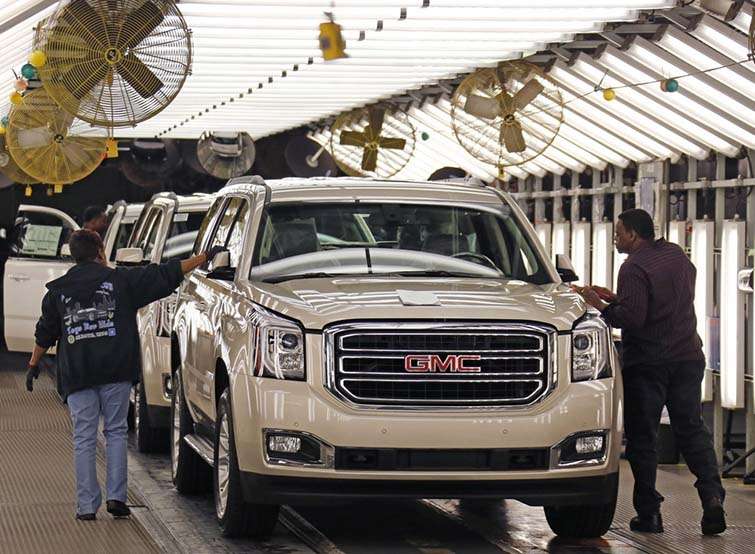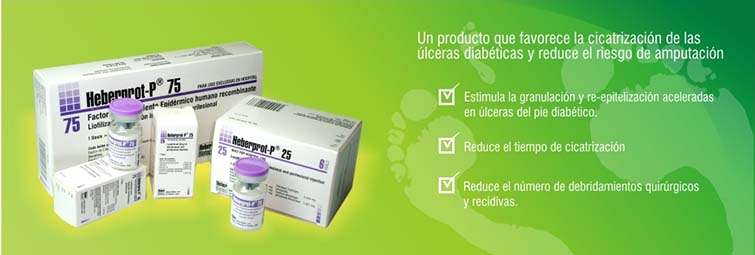Along with the news of the restoration of relations between the US and Cuba, a tide of members of the US business sector made public their old interest in negotiating with Cuba, to be inserted in any way in the country. The possibility of obtaining the gains the virgin Cuban market promises, just 90 miles away, generated immediate reactions.
Only the occasion of a possible lifting of the US embargo against Cuba made that, just 24 hours after the announcements of December 17, shares of companies most likely to gain ground on the island skyrocketed.
Even the avalanche of experts and consultants who warned of the impossibility of the end of the so-called ’embargo’ stopped speculation. Among the firms who viewed grow the value of their shares overnight include, for example, Cargill (agribusiness) and cruise Royal Caribbean and Carnival Corporation.

After 48 hours another group of recognized companies issued statements to express their interest in commercial spaces on the island. Among the varied list of the first to announce their interests highlighted the hotel chain Marriott International; the Caterpillar Corporation, a world leader in the manufacture of machinery for construction and mining equipment, diesel engines and industrial turbines; and the popular Pepsi Cola company.
Later, Coca Cola announced its willingness to re-enter the Cuban market through its spokeswoman, Ann Moore. (Cuba and North Korea are the only two countries in the world where the brand cannot directly sell their drinks). But these companies followed many other aspiring, as a whole, to encompass most of the economy of Cuba.
Agriculture
Among the complex problems that the government of Cuba has not yet resolved, one of the most notable is the poor production and distribution of food in a steady way, with varied and fair prices, a constant complaint of most Cubans, for whom it is not easy to sit at the table daily.
Behind these difficulties is the insufficient development of agriculture, depressed by lack of budget and technology. Nations like Uruguay have attempted to push the line, -with prior feasibility studies and investment opportunities, without so far no agreement has been finalized.
The board of Deere & Company knows very well this situation, which could improve with its intervention, as they say. That American manufacturer and exporter of agricultural machinery longs that, finally, trade restrictions are lifted to send their teams to Cuba.

“There is a need in Cuba, which exists throughout the world, to modernize the productive machinery to help feed, clothe and find shelter quickly to meet rising global population,” said Ken Gold, spokesman for the consortium. In this sense, “we may be the closest solution to Cuba”.
Another US companies has his eye on Cuban agriculture is Cargill, dedicated to the purchase, sale, processing and distribution of grains and other commodities as well as the cultivation and marketing of livestock feed and ingredients for the pharmaceutical industry.
The vice president of the agribusiness giant, Devry Boughner Vorwerk, called Obama’s decision to restart relations with Cuba as a great first step, but made no mention of the current financial constraints.
Within the same government, the US Agriculture Secretary Tom Vilsack said recently that the restoration of relations with Cuba would mean an opportunity for American producers. “Before them opens a new market close to our borders,” he said.
According to the Mexican newspaper El Economista, corroborated by the statistical office of the European Commission, Eurostat, Cuba acquired abroad over one million metric tons of wheat a year, worth nearly 300 million dollars. It imports them mostly from Europe.
In this regard the National Association of Wheat Growers -greater grain producer in the world, who said they can take 90 percent of imports of Havana, which, only in transportation, would save Cuba millions of dollars.
Transport
Low incomes of Cubans, not exceeding, on average, $ 400 a year, do not allow the common citizen to be a potential car buyer, a very well developed industry in the USA, where owning a car is one of the more basic necessities.
However, owners of older cars would be the first Cuban prospects of various businesses, such as Danny Howell, on the outskirts of Orlando, Florida, who told the AP that knows there will be demand for its classic Chevrolet parts.

But General Motors Automotive Group, one of the largest within the United States, is on the same rope. Its spokesman, Patrick Morrisey, told reporters during a state fair in Detroit last December that his company “will analyze in depth every opportunity that presents itself in Cuba”.
“We will determine the potential of current circumstances for the automotive industry impact: Do not rule anything now.” Christine Becker, representative of the known Ford Company added
Air transport will also get juicy dividends if the interest to thaw travel restrictions that currently US citizens have still stands. Should these obstacles be lifted, there would be “a lot of new businesses,” said Marion Blakey, president of the Aerospace Industries Association.
American Airlines and Delta already connect the two countries via charter flights. They carry a large part of the 300,000 Cuban Americans who travel each year and 98,000 Americans that visited the island in 2012 under special rules.
Both companies hope to expand their services, and others like Jet Blue Airways expressed interest in approaching the Cuban trade, says Associated Press.
Tourism

“We are excited for the opportunity and jobs that will be created when relations with the United States, especially for travel and tourism, are restarted,” said Arne M. Sorenson, president and CEO of Marriott International, one of the largest sellers of tourist destinations in the northern nation.
Sorenson said to have on his desk a plan to open hotels in Cuba, and give competition to other foreign brands taking the lead, but said it should wait for the ‘signals’ his government sends.
In a similar position is the hospitality transnational Hilton Worldwide, which plans to exploit the attraction that Americans have always felt towards Cuba.
Construction
The company Home Depot, distributor of products and goods for construction, identifies the deteriorated condition of the Cuban housing stock as a market potential. How is it going to do it? The company has not ruled on the matter.
Who knows very well how is the Caterpillar, whose director of global affairs, Bill Lane – quoted by the Bloomberg agency said that everything his company does in country comes in handy for Cuba: “Cuba does not need rebuild its infrastructure. It needs to build an infrastructure. ”
Internet
Along with the rest of the infrastructure that needs to be built in Cuba for their development cannot do without the internet. In fact, among the recent actions of the US government announced in mid-January, they quoted the Infocomm industry as the only authorized to invest and sell to state enterprises services, software, devices and equipment.
For various reasons, info-communications giants such as Google or AT & T will come to Cuba in the coming months -return, in the case of Google. Only just think of the profits obtained in economic terms, and the huge interest of the US government to empower Cuban society through the network of networks, ideal space for transmitting their ideology.
However, their officers fear for the reaction of the Cuban government, whose efforts to extend internet services are restricted to state employees who need it and to private individuals who wish to connect, it has imposed unusually high prices.
On the other side
If trade restrictions with Cuba continue to disappear, let us hope it happens faster- the Greater Antilles would not be a mere recipient of investment or services. Also the northern nation would receive important export items of Cuban production.
In this sense, the American newspaper The New York Times highlighted the increased interest of American consumers about the possibility of a more fluid trade, enabling them to eliminate existing barriers to import the famous Cuban rum and cigars which are recognized worldwide.

The Habanos SA Corporation already put its beard to soak and recently launched a new line of aged tobaccos in two of his most recognized brands in the globe: Montecristo and Romeo y Julieta Churchill Pyramids.
Both the island and in the northern nation has also recognized that numerous products of the Cuban biotechnology industry could reach the American healthcare system, which has taken off in recent years. Among them, we could mention Heberprot P, for treating diabetic foot ulcers, anticancer drugs based on scorpion venom and others, mostly produced by the Cuban company Labiofam.
Equally sweet deal for both parties could be the mining industry. The island has one of the largest nickel deposits in the world, which operates with the help of the Canadian company Sherritt International. To Sherrit, it contributes a third of its income, according to recent data offered by its chairman at Cuban National News.
The closeness between the metal deposits, located in Moa, Holguin and American coasts greatly cheapen the cost of production.

Expectation of both parties
In Cuba the population remains expectant to these changes. Many hope that the ‘key of the Gulf’ returns to American pockets. Others think it better, in face of the consequences that would have to be absorbed by the world’s largest economy.
From there, companies use all the resources at their reach and dispute their future place in the island. In fact, several have organized coalitions to lobby Congress to put an end to the trade and financial restrictions. Even governors, like Missouri´s Jay Nixon, criticize the self-imposed bureaucracy that prevents their entrepreneurs to earn more money.
Both sides should continue taking steps forward, no one wants to be blamed for impeding the path to normalization, much less in the face of the approval shown by the international public opinion. However, as experts say, the current course of bilateral ties is irreversible.










